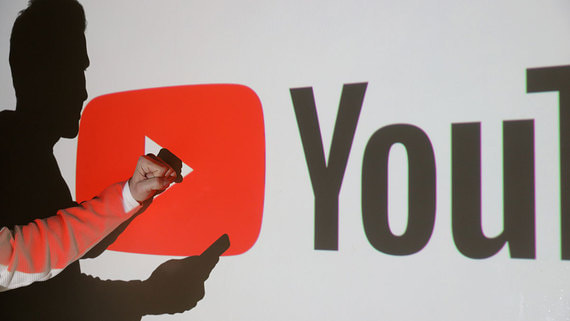The State Duma sees more harm than good from blocking YouTube
[ad_1]

Russia needs to develop its own projects before blocking YouTube, says Anton Gorelkin, Deputy Chairman of the State Duma Committee on Information Policy, Information Technologies and Communications.
“Blocking YouTube will do more harm than good. But this does not mean that Russia does not need to develop its alternatives. YouTube continues to remain a hostile platform that deliberately violates the laws of our country, and there is no guarantee that tomorrow it will not begin to pursue a more aggressive policy of distributing illegal videos,” wrote Gorelkin on Telegram, adding that Russian content makers on YouTube “have no future.”
Prior to this, the head of the information policy committee, Alexander Khinshtein, also said that the ban on YouTube in the country was premature. According to him, there is currently no full-fledged replacement for this video hosting among Russian analogues. “The key word here is for now,” the deputy emphasized.
In the summer, Gorelkin noted that although American video hosting is “hostile” towards Russia, it now has no alternative and blocking it is impossible. Another deputy chairman of the information policy committee, TV presenter Evgeniy Popov, also said that the blocking is not discussed in parliament. Then he personally opposed such proposals.
Popov commented on the statement of the head of Gazprom Media and the ex-head of Roskomnadzor, Alexander Zharov, who proposed considering the issue of blocking if the platform “continues to engage in systematic and deliberate violation of Russian legislation.” At the same time, Zharov admitted that Rutube, owned by Gazprom Media, cannot yet completely replace American hosting.
Russian Rutube is still working on attracting bloggers to the platform. In the summer of 2022, video hosting announced the launch of a program of financial support for domestic bloggers. YouTube used to share revenues from advertising, subscriptions, paid features, etc. with Russian video bloggers. But in March last year, after the outbreak of hostilities in Ukraine and subsequent sanctions against Russia, the platform first notified the suspension of advertising sales in Russia, and then announced that completely suspends all monetization opportunities for Russian authors.
Now the authorities are discussing blocking the WhatsApp messenger (owned by Meta – recognized as extremist and banned in the Russian Federation), which announced the global launch of the channel function. Gorelkin allowed a review of the decision on the operation of WhatsApp in the Russian Federation if the messenger begins to “expand its functionality towards mass dissemination of information.” Currently, other social networks of the extremist Meta – Instagram and Facebook – are blocked in Russia.
[ad_2]
Source link








